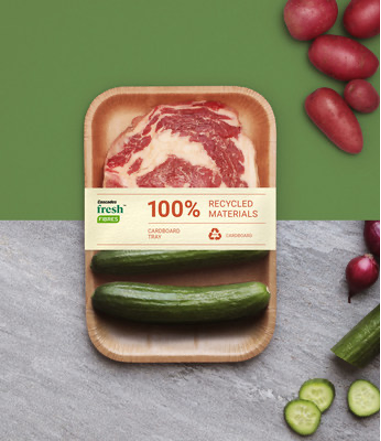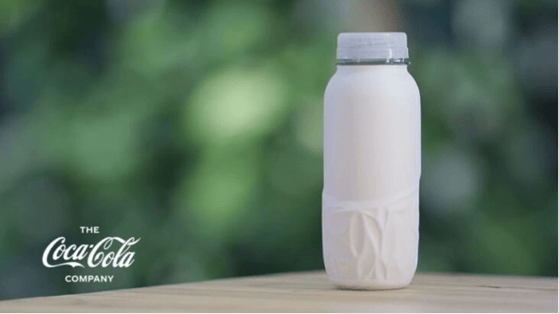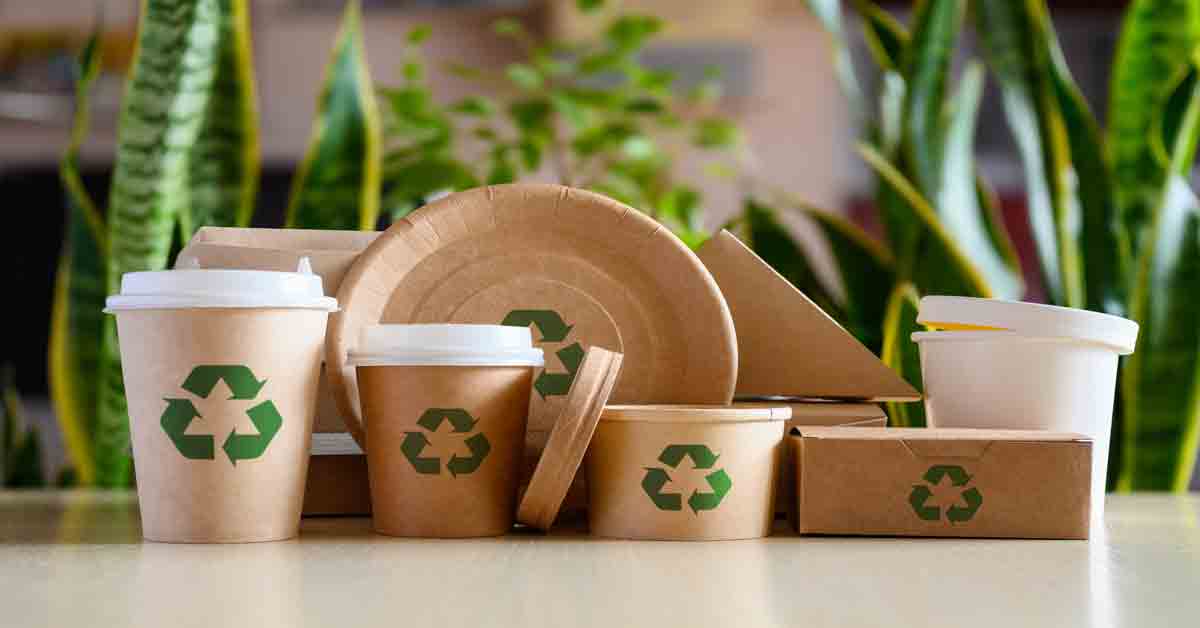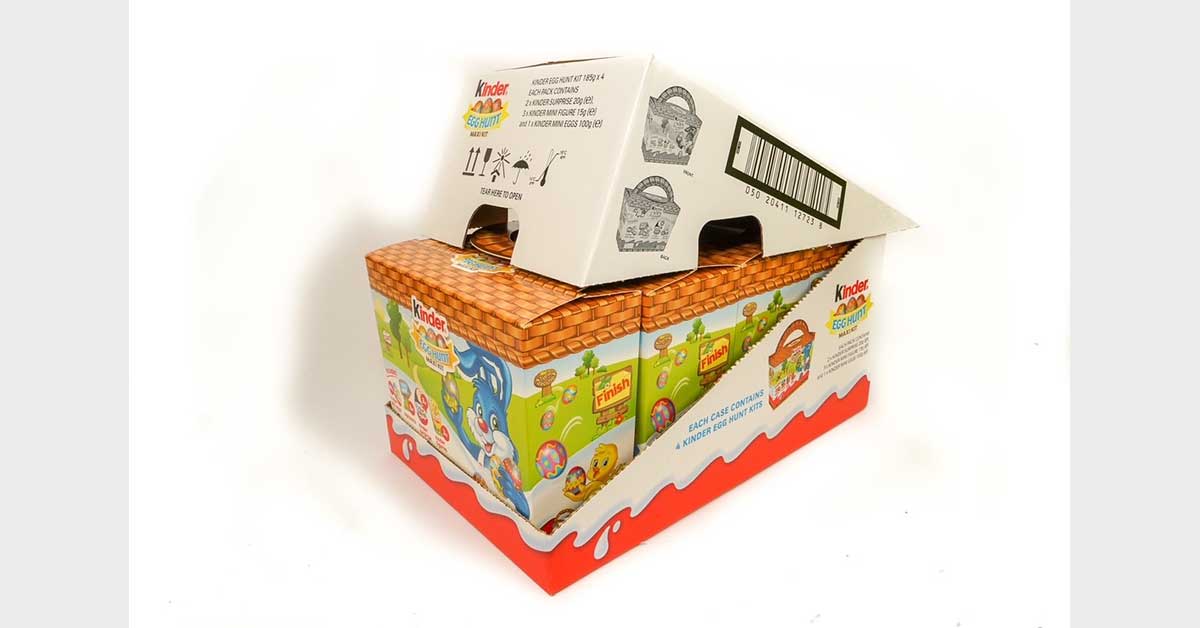The push for a more sustainable planet continues to drive innovations in nearly every business sector across the globe, and the forest industry is helping to lead the way. We wanted to share a few of the most exciting developments in this monthly roundup of forest industry sustainability projects that are making headlines as we close out 2020.
The Cascades Thermoformed Cardboard Tray Wins Two Food Innovation Awards from the Conseil de la Transformation Alimentaire du Québec
Cascades, a leader in eco-friendly recycling, packaging and hygiene solutions, is the winner of two 2020 CTAQ Food Innovation Awards for its unique product in North America: a 100% recycled and recyclable thermoformed cardboard tray. This packaging solution took the honours in the Packaging and Technology and Productivity categories.
This Cascades FreshTM product was launched in September 2020 with the goal of packaging fresh food in an efficient, environmentally friendly way. Its design has been rigorously tested to adapt to automated equipment without impacting their performance. This thermoformed tray delivers a unique innovative food packaging solution that was developed entirely using a circular economy approach and ecodesign principles. The tray is composed of 100% recycled fibres, mostly sourced from post-consumer sources certified "Recycled" under the Forest Stewardship Council® (FSC®) standard. In addition, it is designed with a SurfSHIELDTM water-based coating that protects it from moisture without compromising the recyclability of the cardboard. Unlike traditional containers coated with a thin layer of plastic or other non-recyclable coatings, this food tray is easily recyclable and can be placed in the recycling bin.

Sonoco Introduces Lightweight Recyclable Packaging for Heavyweight Products
Sonoco Protective Solutions, a division of global packaging leader Sonoco, today announced the addition of two new paper-based packaging options for heavy and high-value products to its EnviroSense® line of more sustainable packaging: the EnviroSense FiberMax™ Bulk Box and the EnviroSense FiberMax™ Master Roll package.
FiberMax Bulk Box packaging is designed to help companies with products weighing thousands of pounds protect their items, maximize transportation efficiency, reduce storage space, increase stacking strength and make it easy for their customers to recycle the packaging at the end of its useful life. Similarly, EnviroSense FiberMax Master Roll packaging helps manufacturers of equally heavy, high-value materials in roll form such as films, foils and laminates avoid damage, reduce costs, improve storage utilization and simplify recycling after use.
Scientists Awarded £2.6 million to Examine Environmental Impacts of Biodegradable Plastics
Biodegradable packaging and products are seen by many as part of the solution to the global plastics crisis. However, until now, there has been very little research examining their precise fate and impact in the open environment.
To address that, a team of UK scientists has been awarded £2.6million for a four-year project assessing how these materials break down and, in turn, whether the plastics or their breakdown products affect species both on land and in the marine environment.
BIO-PLASTIC-RISK is being supported by a grant from the Natural Environment Research Council, part of UK Research and Innovation. It is being led by researchers at the University of Plymouth, including its world-renowned International Marine Litter Research Unit, working alongside colleagues at the University of Bath and Plymouth Marine Laboratory.
Enviva and Finite Carbon Partner to Empower Small Forest Owners to Protect U.S. Southeast Forests
Enviva, a leading global energy company specializing in sustainable wood bioenergy, and Finite Carbon, North America’s leading developer of forest carbon offsets, announced they are teaming up to engage small forest landowners across the U.S. Southeast to voluntarily participate in global greenhouse gas emissions reduction programs. The partnership, leveraging Finite Carbon’s CORE Carbon online platform, will help address climate change while generating new annual income for small landowners based on forest stewardship and extended rotations of mature bottomland hardwood forests.
While CORE Carbon will be available to over 1.5 million family and non-industrial forest owners in the U.S., this partnership will leverage Enviva’s focus on bottomland hardwood forests in the U.S. Southeast.
The partnership will significantly increase the availability of global carbon offset programs to privately held forestland by leveraging Enviva’s well-established landowner network along with Finite Carbon’s CORE Carbon Platform, which utilizes remote sensing technologies to dramatically reduce the costs and barriers to market entry for smaller forest landowners with as little as 40 acres of forestland. The initial phase of CORE Carbon will focus on a deferred harvest methodology, co-authored with American Carbon Registry, focusing on high conservation value forests such as mature bottomland hardwood stands in the U.S. Southeast.
Over the next decade, the program will seek to make sustainable forestry a more feasible proposition by opening the carbon offset market to over 1.5 million small forest landowners and generating $1 billion in carbon offset revenue for participating landowners.
Coca-Cola Unveils a Prototype for a Paper Bottle With Its Partner, Paboco
Imagine a world where each and every piece of packaging produced and sold is also collected and recycled after use – a World Without Waste.
That’s the goal stated by Coca-Cola: they aim to collect and recycle a bottle or can for every one they sell by 2030, while also substantially reducing their use of virgin packaging materials, and only using packaging materials that are 100% recyclable.
As part of this effort, Coca-Cola recently unveiled a prototype for a paper bottle with its partner, Paboco. They set Paboco the challenge of creating a bottle that is made from entirely renewable materials and is fully biodegradable.

$2.5 Million DOE Grant to Help MSU Researchers Measure Benefits of Growing Trees for Biofuel
A $2.5 million grant from the U.S. Department of Energy will benefit Mississippi State researchers in the university’s Forest and Wildlife Research Center studying the economic and ecological benefits of growing trees for biofuel production.
The DOE funding will help MSU scientists study how to produce better, hardier hybrid poplars and eastern cottonwoods harvested for biomass energy. The team also will quantify the ecosystem services these fast-growing trees provide.
The team will use remote sensing to compile a detailed snapshot of poplar and cottonwood plantations across the Mid-South leveraging existing sites and planting new ones in Mississippi, Louisiana and Tennessee. Data will be collected via LiDAR, which stands for light detection and ranging, and uses lasers to measure variable distances. Hyperspectral imaging, which analyzes a wide spectrum of light, also will be used.
The Forest Biorefinery: Developing a New Generation of Sustainable Plant-Based Materials and Products
Canada’s forests are a key source of renewable materials, from paper to lumber. Yet many of the industry’s most common products — such as cardboard and newsprint — are on the low end of the value chain. Professor Ning Yan (ChemE) aims to change that.
“The analogy we use is to a petroleum refinery, where the crude oil feedstock is made into thousands of different products, from lower-value fuels to higher-value commodity chemicals,” says Yan. “We can do the same with our renewable resources, such as forest biomass.”
Yan is the director of the newly formed Low Carbon Renewable Materials Centre (LCRMC) at U of T Engineering, which is supported by the Dean’s Strategic Fund. LCRMC researchers work closely with forestry companies and industry associations to transform forest biomass — including materials that today are discarded as waste — into commercially valuable products.
Forestry, Conservation and Environmental CEOs Establish Common Ground on the Role of Private Working Forests as a Natural Climate Solution
48 environmental, conservation and forest business leaders today announced an agreement of principles on the important role sustainably managed forests and forest products can play in mitigating climate change.
Today, forests in the U.S. offset 15% of the country’s industrial carbon emissions. Carbon sequestration in sustainably managed private forest lands and carbon storage in forest products can provide a natural solution to climate change while also providing a wide variety of additional benefits like clean air and water, wildlife habitat, and good paying jobs.
The principles are signed by the CEOs of American Forests, American Forest Foundation, Environmental Defense Fund, National Alliance of Forest Owners, The Nature Conservancy, and the CEOs of 43 forestry businesses representing over 46 million acres of working forests across the United States.
The executives are united in a common vision: to harness the power of the private forest sector to address climate change, we must engage forest owners of all sizes, support strong rural economies, and ensure sustainable, science-based practices.









